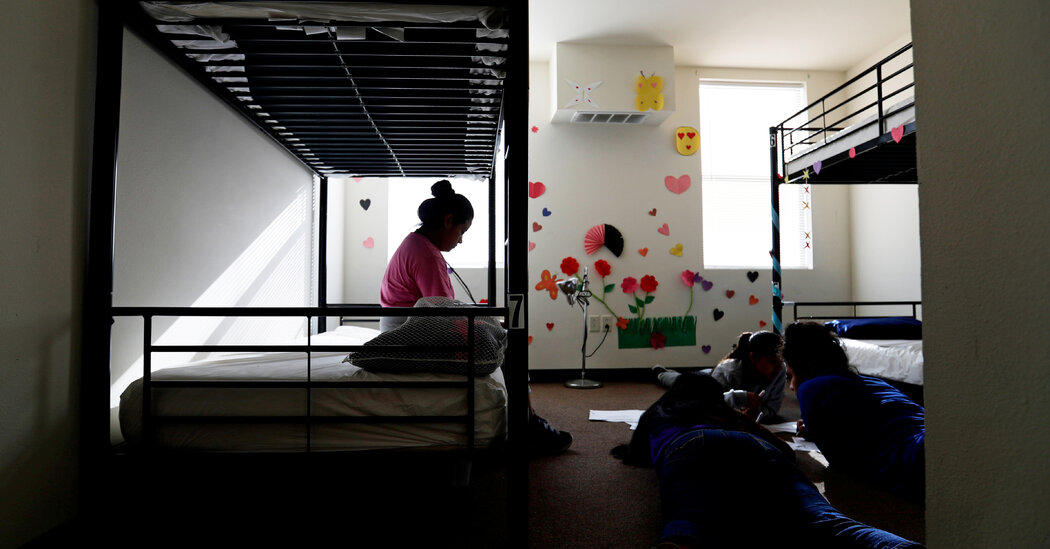
But there remained the question of compensating the families for the damage done. “There is no amount of money that can undo the harm that being separated for months — and in some cases, years, if parents were deported — caused our clients,” said Bree Bernwanger of the Lawyers’ Committee for Civil Rights in San Francisco, who is representing a number of families. “But, under the law, if the government hurts people, commits a torturous action, it has to be accountable for that harm.”
Anyone wronged by the United States can bring claims against the government, regardless of that person’s nationality, and the migrants have that right to due process. As a result, settling with the families as a group could actually save the government, experts said, by sparing it the expense of fighting hundreds of legal cases one by one — and it could also spare the Biden administration the awkwardness of having to defend, in court, a policy that it disavowed.
As border crossings have hit new highs, with 1.7 million migrants encountered last year and an untold number making it into the country, Republicans have consistently hammered the Biden administration for being too lenient. And the White House has struggled to articulate a response and a message.
The White House referred questions to the Justice Department, which pointed to its policy of not commenting on unresolved settlement talks.
There is at least one precedent for a migrant family receiving a large sum from the government: Conchita Cruz, a lawyer with the Asylum Seeker Advocacy Project, which represents multiple separated families, said the organization had obtained a $120,000 settlement for a Honduran family. In that case, she said, a boy was detained with his mother in 2015 after they crossed the border. She was told in front of him that he would go to a shelter and be put up for adoption, and that they would never see each other again. (Ultimately, they were not separated.)
The settlement was reached in 2019, with the Trump administration.
Still, the debate over financially compensating the families affected by the separation policy was transformed by the premature surfacing of the $450,000 figure.
It was leaked by a government official, apparently out of a desire to put a public spotlight on the payments and bring the number down, according to people familiar with the negotiations, who spoke on the condition of anonymity to discuss internal deliberations.







